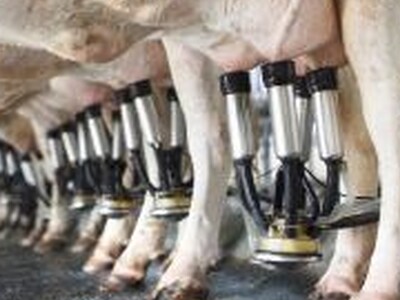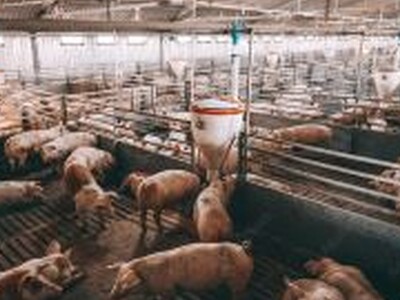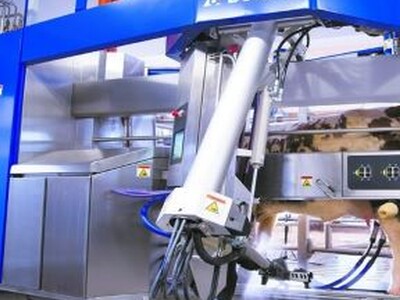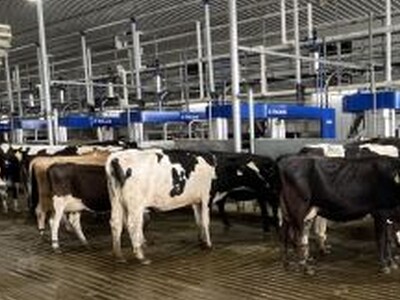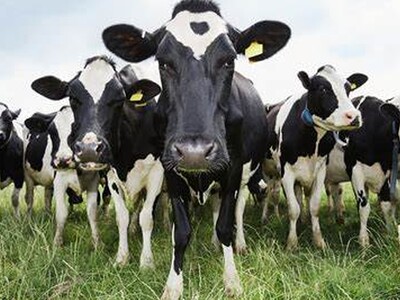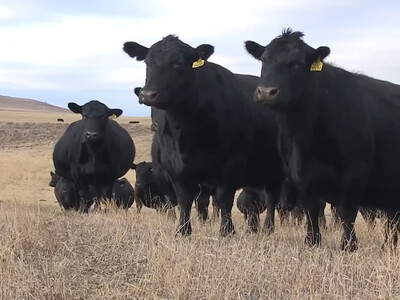Pragmatic Dairy Scientist
Peer-reviewed, multiherd Wellness Trait Field Study published online in the Journal of Dairy Science validates the effectiveness of wellness traits to predict disease incidence in dairy cattle. Dairy producers can confidently use Clarifide® Plus to better manage disease and improve herd profitability. First-year results from the Wellness Trait Field Study conducted by Zoetis and published online in the Journal of Dairy Science (published in press Aug. 30, 2017), demonstrate an association between direct genomic predictions for wellness traits and associated disease outcomes.
Accurately predicting animals that have higher risk of disease is crucial to helping identify which animals will be more or less likely to be profitable genetically. The Dairy Wellness Profit Index® (DWP$®) can help determine which animals can be raised more efficiently to minimize labor and treatment costs and maximize profitability for the next generation. DWP$ includes mastitis and all other wellness traits, as well as production, reproduction and other economically important traits in the index.
"First-year results of the Wellness Trait Field Study provide clear evidence that the wellness trait standardized transmitting abilities (STAs) in Clarifide Plus will provide accurate estimates of future performance to help identify animals with different relative genetic risk for the wellness traits. Coupling these predictions with sound management practices, Clarifide Plus provides producers with a compelling opportunity to help decrease disease incidence and improve the profitability of their herd."
The objective of this ongoing, multiherd, multiyear study is to estimate the association between genomic wellness trait predictions derived from Clarifide Plus and the occurrence of health events in commercial dairy cattle. The study includes Holstein females selected from 11 herds from major dairy regions across the U.S. Two-thirds of the cattle enrolled were heifers entering their first lactation and the remaining one-third observed were entering their second lactation.
Wellness trait STAs were used to rank and assign cows to percentile groups within herd and age groups: worst 25%, 26%-50%, 51%-75% and best 25%. First-year results from the Wellness Trait Field Study demonstrated the risks for six common lactating cow diseases, including mastitis, lameness, metritis, retained placenta, displaced abomasum and ketosis, were approximately two times greater in the worst 25% of animals compared with the best 25% of animals, with a range of 1.6 to 17 greater odds ratios.1 Cows in the best 25% based on their respective genetic trait herd rankings had 47% fewer cases of mastitis, 33% fewer cases of lameness, 45% fewer cases of metritis, 64% fewer retained placentas, 94% fewer displaced abomasums and 53% fewer cases of ketosis than cows in the worst 25%.1
Among these diseases, mastitis represents a very interesting case study given the significant impact it has on the industry. These results effectively mean that those cows in the best 25% need half as many mastitis tubes, half as much discarded milk, half the number of days in the hospital pen, half the time taking care of the cow and half the amount of losses in milk or animals as those in the worst 25%.1,*
The importance of evaluating wellness traits
"With the advent of several new genomic testing products and traits to the market, it's important that dairy producers have transparency and science-based data to support their choices," said Cheryl Marti, associate director, U.S. Marketing, Dairy Genetics and Reproduction, for Zoetis. "Zoetis places a large emphasis on validation through research before and after products are commercially launched. The publication of the Wellness Trait Field Study and a previously published paper on the Clarifide Plus genetic evaluation in the January 2017 issue of the Journal of Dairy Science affirms Zoetis' commitment to Clarifide Plus. Putting product research to the test through the rigorous process of being peer-reviewed in a scientific journal provides a deeper level of transparency so producers can be confident in choosing Clarifide Plus."
Marti explained that it's important for producers to evaluate any new genetic trait through the lens of relevancy, accuracy and proven effectiveness.





